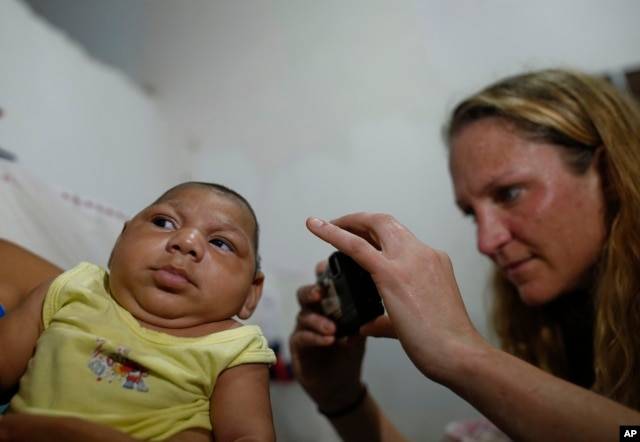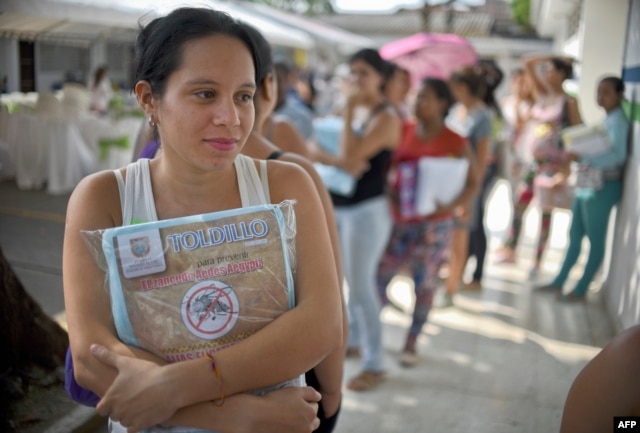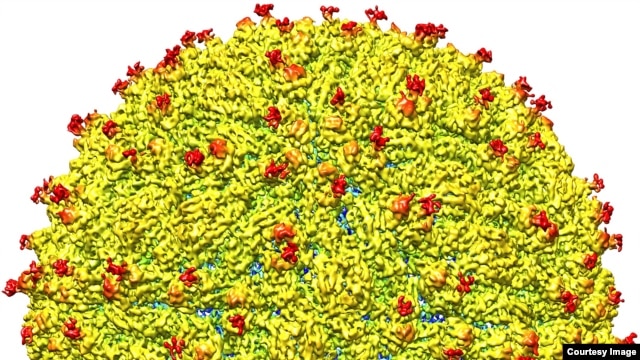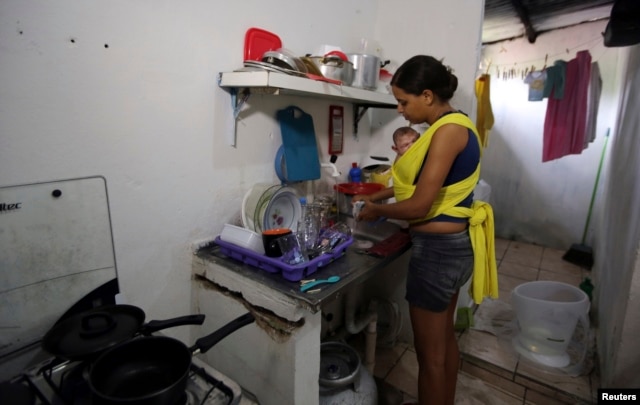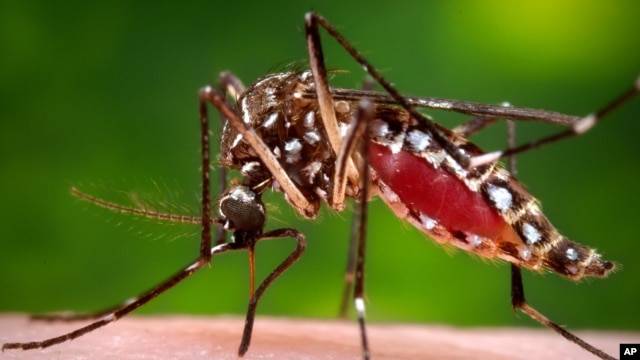get_involved
Gold Member
- Jul 16, 2009
- 2,046
- 431
- 130
Zika outbreak: ‘The more we learn, the worse things seem to get’
"Another six U.S. cases involve sexual transmission". With Spring and Summer coming soon I wonder how bad it's going to get.
"Another six U.S. cases involve sexual transmission". With Spring and Summer coming soon I wonder how bad it's going to get.
Last edited:
